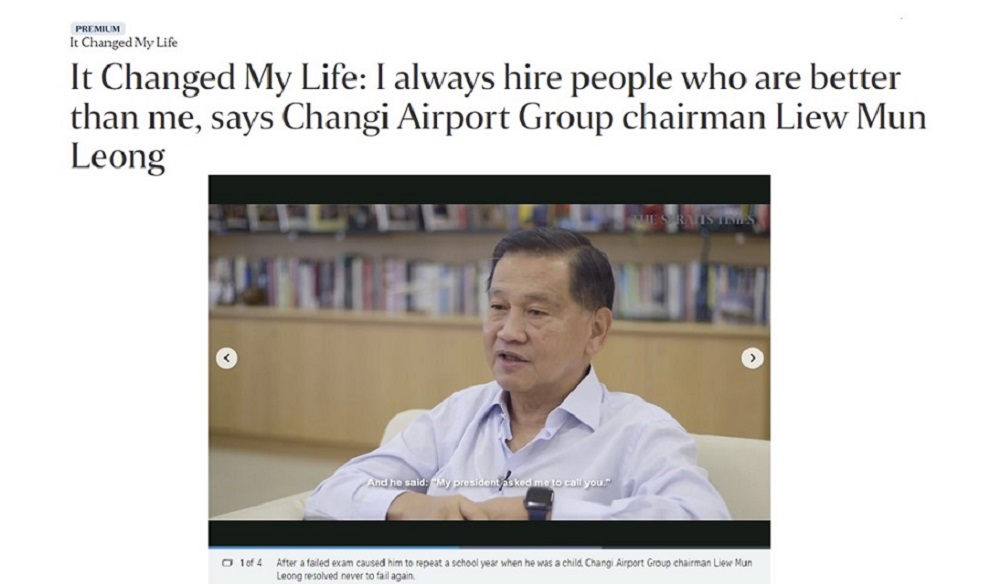In a Facebook post on Friday (20 November), Dr Li Shengwu, son of Lee Hsien Yang and Lee Suet Fern, called for the resignation of his uncle, Prime Minister Lee Hsien Loong.
He wrote, “Lee Hsien Loong has no shame about using state resources to settle grudges against relatives. He should resign now, rather than continuing to undermine the rule of law in Singapore.”
This follows after the Court of Three Judges handed down a 15-month suspension to Mrs Lee for her involvement in handling the final will of her father-in-law Lee Kuan Yew. This was subsequent to the Court’s rejection of the corporate lawyer’s appeal against an earlier Disciplinary Tribunal (DT) verdict on the matter.
Mrs Lee isn’t the only on in her family who had to face legal action. Earlier this year, her son Dr Li—who is an assistant professor of economics at Harvard University—was found guilty of contempt of court over a private Facebook post he made back in 2017.
Background of Li Shengwu’s case
The post, which was only made accessible to his friends on the social media platform, was leaked to the public by a blog and subsequently went viral when it was shared by the now-defunct SMRT Feedback by The Vigilanteh Facebook page.
Following that, the Attorney-General’s Chambers (AGC) issued a public statement to local media saying that it was looking into the Facebook post by Dr Li, in which he questioned the independence of Singapore’s courts — in response to a media query by a media outlet which remains unknown till today.
A warning letter was then sent by the AGC to Dr Li in July 2017 claiming that he made “false and baseless allegations” about the Singapore judiciary’s purported lack of independence and request him to delete the post from his Facebook page and other platforms. The AGC also requested he post an apology on his page which was drafted by the AGC.
By 4 August 2018, the AGC filed an application in the High Court to commence committal proceedings against him for contempt of court, which was allowed by Justice Kannan.
In October, AGC then “ambushed” Dr Li with “court papers in public” whilst he was delivering a lecture in “Scott Kominers’ brilliant market design class” at Harvard University in United States.
In a 66-page judgement released last April, the Court of Appeal dismissed the appeal by Dr Li to contest the court order which enabled the AGC to serve papers on him in the United States for contempt of court.
Earlier this year, Dr Li revealed that he is withdrawing from the proceedings. He claimed that the AGC applied to strike out parts of his own defence affidavit “with the result that they will not be considered at the trial”.
He also alleged that the AGC had “demanded that these parts be sealed in the court record, so that the public cannot know what the removed parts contain”.
Dr Li said that he will no longer “continue to participate in the proceedings against me”, as he “will not dignify the AGC’s conduct by my participation”.
While he said that he will “continue to be active on Facebook, and will continue to regard my friends-only Facebook posts as private”, he remarked that he had removed his cousin Li Hongyi from his Facebook friends list. Mr Li Hongyi is the son of Mr Lee Hsien Loong.
Dr Li may be issued a warrant of arrest and be placed under arrest if he returns to Singapore.
In August 2020, Dr Li announced that he had decided to pay the S$15,000 fine for contempt of court. He said in a post, “The government claims that my friends-only Facebook post “scandalized the judiciary”. The true scandal is the misuse of state resources to repress private speech.”
However, he asserted that he is not admitting guilt by paying the fine.
He said, “I do not admit guilt. I have never denied writing what I wrote, to my friends in a private Facebook post. I disagree that my words were illegal.”
“Moreover, civilized countries should not fine or jail their citizens for private comments on the court system,” he added.






